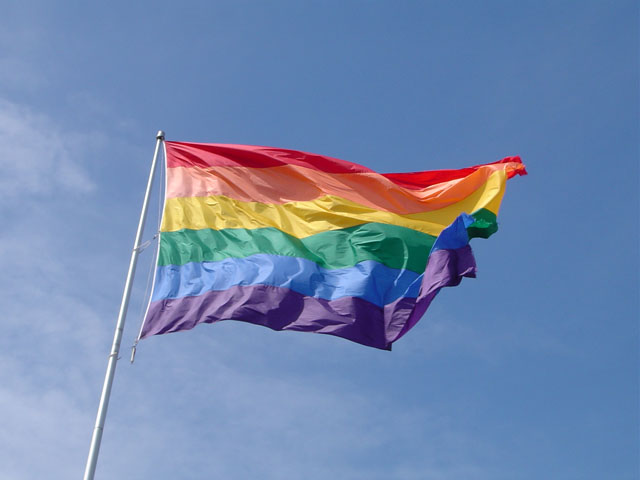More homophobic profanity reports alarm campus groups
December 8, 2022

The Tulane University Police Department responded to two complaints of homophobic profanity last weekend, raising new questions about intolerance on campus after the university suspended a fraternity for an anti-gay slur last week.
Both incidents were reported to TUPD on Sunday. Around 2 a.m., an anonymous witness said two men in their twenties shouted homophobic profanities at the witness. The men were walking down Freret Street, possibly towards The Palms Bar, according to the report.
A second report said an individual found homophobic and racial slurs written in dirt on their car’s trunk after returning from a store off-campus.
University spokesman, Mike Strecker, denounced the incidents and said the school has reached out to support impacted students.
“Tulane condemns, in the strongest terms possible, the hate language that was directed at these students,” he said in a statement. “We [remain] committed and focused on creating a welcoming and supportive university community.”
The cases came amid heightened campus tensions after Phi Gamma Delta, or Fiji, faced suspension last week over an anti-gay slur the fraternity used in a spreadsheet to reference several students undergoing fraternity recruitment.
Fiji said it suspended all members involved pending an ongoing disciplinary process.
The three cases in quick succession startled students and raised worries among campus LGBTQ+ groups.
“It really shatters the sense of safety we have,” Hannah Petillo, president of Tulane’s Queer Student Alliance said. “It’s really shocking, and it’s disappointing.”
Other campus groups condemned the anti-gay language.
“Queer and Trans community, especially our young people, deserve to live freely and proudly, without fear of death or alienation,” Tulane’s Office for Gender and Sexual Diversity said in a statement after Fiji was suspended last week. “Unfortunately, this is not the case nationally or here at Tulane.”
The reports come at a time of rising intolerance and hate nationwide. Last February, a man set fire to a New York City gay bar in an arson attack. In June, police arrested dozens in an neo-Nazi group on charges of conspiracy to riot at a Pride event in Idaho.
Last month, a gunman killed five people in a LGBTQ+ nightclub in Colorado.
Political science professor, Scott Nolan, said unregulated hate speech on social media and dehumanizing language from politicians can drive surges of opposition to LGBTQ+ progress.
“Once it starts getting louder, it can get out of control,” Nolan said.
At Tulane, a Sexual Climate Survey from 2017 showed LGBTQ+ students faced the highest risk of sexual assault on campus. Fifty-one percent of LGBTQ+ women in that survey said they were sexually assaulted at some point in their time at Tulane.
Chief Diversity Officer Anneliese Singh said the recent reports are saddening and renew commitments to eliminate bias and demand acceptance.
“We just need people to say something and do something when this type of bias occurs,” Singh said. “And I am glad that Tulane students did that — they’re reporting it.”
Tulane offers equity, diversity and inclusion training through the Office of Fraternity and Sorority Programs. The school created a research group last year that focuses on LGBTQ+ issues and has an LGBTQ+ committee composed of the president, provost and chief operating office, among other campus offices.
Administrators also plan to use data from an equity, diversity and inclusion survey sent to students this fall to understand discrimination on campus.
Strecker urged students to report incidents of bias to https://srss.tulane.edu/report-concern and to call Student Resources & Support Services at 504-920-9900.
Petillo said Tulane must do more to mandate education on LGBTQ+ issues, train community members to call out discrimination and provide resources to students.
“We need some top-down support,” Petillo said. “We’re doing what we can but it’s only so much.”






















Leave a Comment